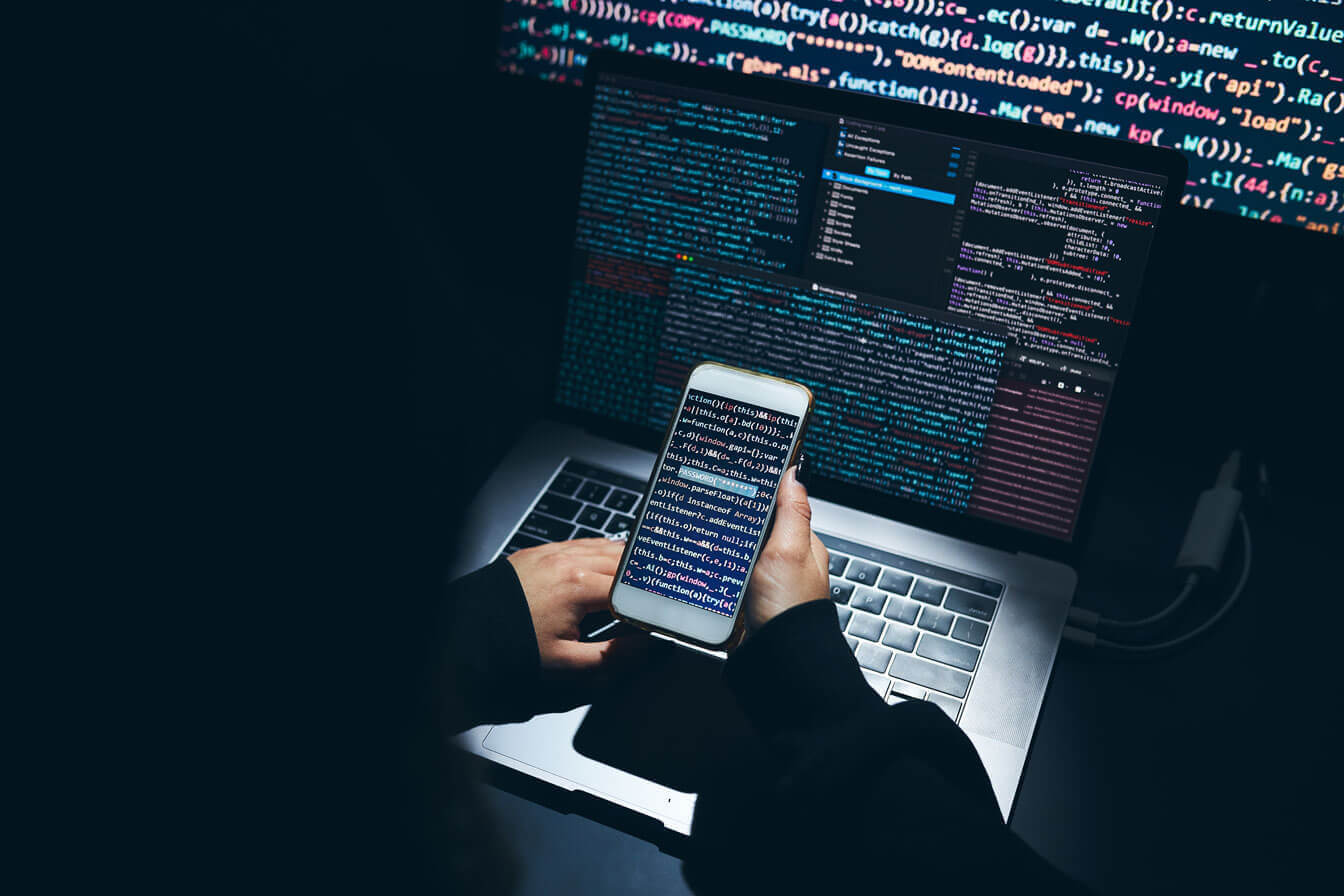In today’s digital age, data is the new currency — and just like money, it needs to be protected. From personal information to financial records and intellectual property, organizations handle vast amounts of sensitive data every day. But as our reliance on technology grows, so does the threat of cyberattacks.
That’s where cybersecurity comes in. It’s not just a tech buzzword — it’s the front line of defense keeping your sensitive data safe from prying eyes, theft, and manipulation.
🔐 What Is Sensitive Data?
Sensitive data refers to any information that must be protected from unauthorized access due to its confidential or personal nature. This includes:
-
Personal Identifiable Information (PII): Names, addresses, Social Security numbers
-
Financial data: Credit card numbers, bank details, transaction histories
-
Health records: Protected Health Information (PHI)
-
Business secrets: Trade secrets, internal communications, strategies
-
Login credentials: Usernames and passwords
If this data is exposed or stolen, the impact can be devastating — both financially and reputationally.
🛡️ How Cybersecurity Protects Sensitive Data
1. Encryption
Cybersecurity tools encrypt data both at rest and in transit. That means even if data is intercepted or stolen, it’s unreadable without the right key.
🔑 Example: End-to-end encryption in messaging apps or file storage systems
2. Access Control
Cybersecurity ensures only authorized users can access certain data. This is enforced through:
-
Passwords and multi-factor authentication (MFA)
-
Role-based access controls (RBAC)
-
Biometric verification
👁️ The fewer people who can access sensitive data, the safer it is.
3. Firewalls and Intrusion Detection Systems
These act like digital security guards — constantly monitoring for suspicious activity and blocking unauthorized access.
🧱 Firewalls block harmful traffic, while IDS/IPS systems detect and respond to intrusions.
4. Regular Security Audits
Cybersecurity includes routine assessments to detect vulnerabilities, misconfigurations, or outdated software that could be exploited.
🔍 Ethical hackers (white hats) often help organizations find and fix weak spots.
5. Data Backup and Recovery
In case of a breach, ransomware attack, or accidental deletion, cybersecurity protocols ensure data can be restored quickly from secure backups.
💾 This minimizes downtime and prevents permanent data loss.
🚨 Why It Matters More Than Ever
Cyberattacks are growing in both frequency and complexity. From small businesses to global enterprises, no one is immune. A single data breach can result in:
-
Legal consequences and compliance violations
-
Loss of customer trust
-
Financial penalties
-
Damage to brand reputation
Investing in cybersecurity is no longer optional — it’s essential.

